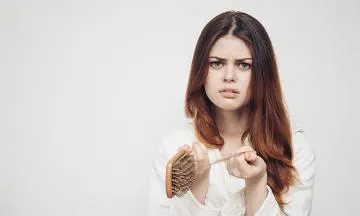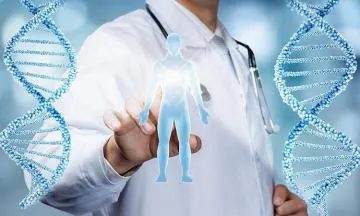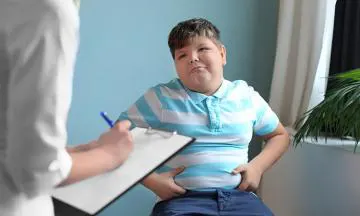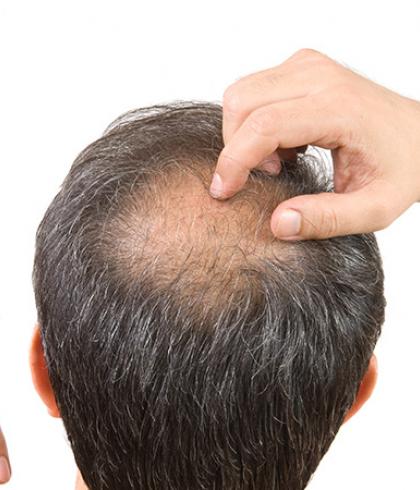
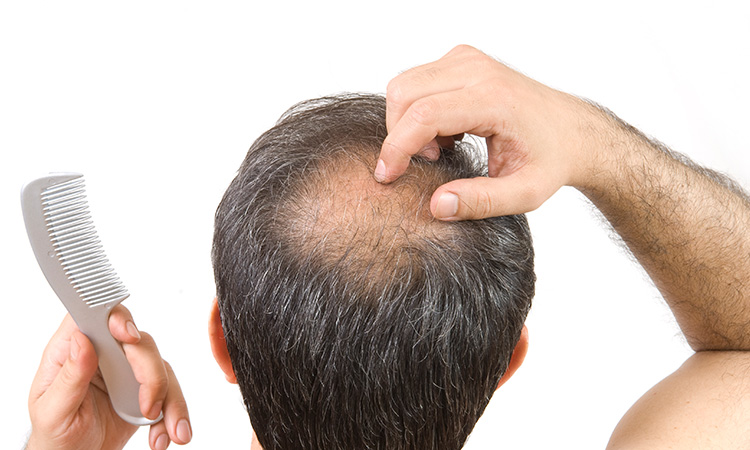
Which Vitamin Deficiencies Can Lead to Hair Fall
Hair loss is something that millions of people all over the world experience and the truth of the matter is that it is not always easy to treat. There are many reasons why people can start losing their hair and one of those reasons is that they have vitamin deficiencies.
Hair follicles need to have certain vitamins in order to be healthy and allow hair to grow, and without these vitamins, hair problems can happen to anyone, at any age. The vitamins that are particularly important for healthy hair are vitamins A, B, C, D, and E.
Note that while vitamin deficiencies can be a cause, it is not at all necessary that they are the only or primary cause for your hair loss problem. It is best to consult a medical professional to get a treatment plan that is right for you.
Dr. Batra’s offers effective hair fall treatment in Dubai, where the doctor examines you and then creates a customised treatment plan that revolves around your specific needs. Our homeopathic treatment solutions for hair loss are aimed at solving the root cause of the problem, not merely the symptoms. We’ve been doing hair loss treatments for well over 4 decades now, and we’ve built our global reputation by successfully treating more than 1.5 million patients worldwide. Book an appointment to see what treatments we can offer for you.
Vitamin Deficiencies That Can Cause Hair Loss
Vitamin A
This vitamin prevents dryness of the scalp by ensuring that the body produces and controls enough supply of sebum, a natural oil required to keep scalp moist and healthy. Vitamin A is also an anti-oxidant. However, don’t go overboard. Excess vitamin A can even lead to hair loss. So have this vitamin in moderation.
Sources of Vitamin A: Orange and yellow coloured fruits and vegetables like orange, sweet lime, papaya, mango; green leafy vegetables like spinach, fenugreek (methi) leaves, also drumstick
Vitamin B
This is an essential vitamin for stimulating hair growth because it helps promote blood circulation in the scalp, prevents getting white hair at early age, and repairs body tissues.
Sources of Vitamin B: Beans, peas, carrots, cauliflower, soybean, nutritional yeast, bran, nuts and eggs
Vitamin C
Vitamin C aids in improving scalp circulation. It is important to maintain capillaries that carry blood to the hair follicles.
Sources of Vitamin C: Indian gooseberry (amla), guava, citrus fruits, tomatoes and green peppers
Vitamin D
Vitamin D deficiency causes hair loss through a disruption of the hair growth circle. The deficiency shortens the anagen phase and prolongs or speeds the onset of telogen and catagen phases. To reverse hair loss due to Vitamin D deficiency, you need more exposure to sunlight especially early in the morning. Alternatively, you can take more fortified dairy products. If you are not receiving enough from these sources, then you should consider Vitamin D supplements.
Sources of Vitamin D: Fatty fish like tuna, mackerel, and salmon, orange juice, soy milk, and cereals, beef liver, cheese, and egg yolks
Vitamin E
This vitamin increases blood circulation, especially near the scalp. This is necessary for healthy hair follicles, as it provides them with enough oxygen. The follicles are better able to regenerate, and hair will continue to grow. A deficiency of vitamin E can cause the opposite to happen.
Sources of Vitamin E: Nuts and legumes, wheat germ oil, soybeans, sunflower oil, safflower oil
Other Nutrients to Help Control Hair Fall
In addition to vitamins, there are many other nutrients you should have in your diet to promote healthy hair growth.
For instance, iron, which can be found in dark leafy greens, black dates, black raisins, banana, apples, fish, poultry, and lentils, will help in sending oxygen to hair, promoting hair growth. This is one of the leading causes of hair loss in women and can often lead to anemia (decreases red blood cell count).
Proteins are essential for hair growth. Amino acids created from proteins can also have constructive effects on the look and feel of your hair.
When your diet includes all of the vitamins and other nutrients you need for your overall good health, you can be guaranteed that you will also have healthier hair, and you can prevent hair loss.
Also Read - Effective Home Remedies to Control Hair Loss

